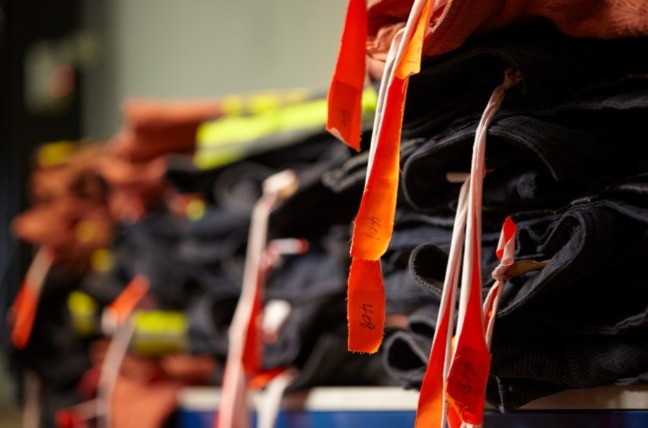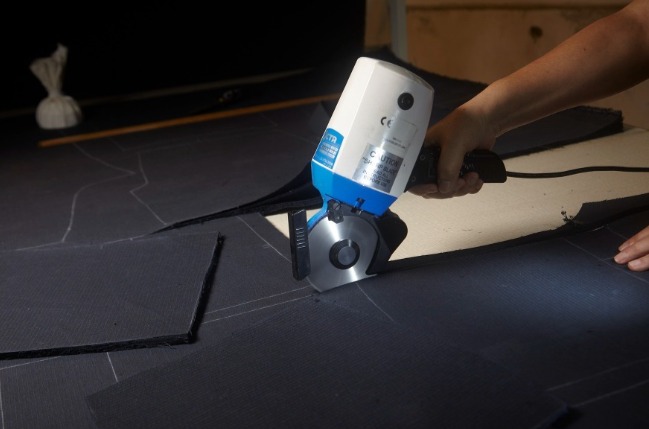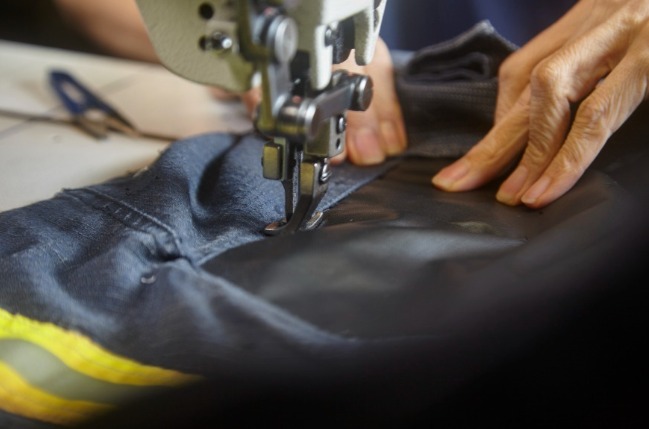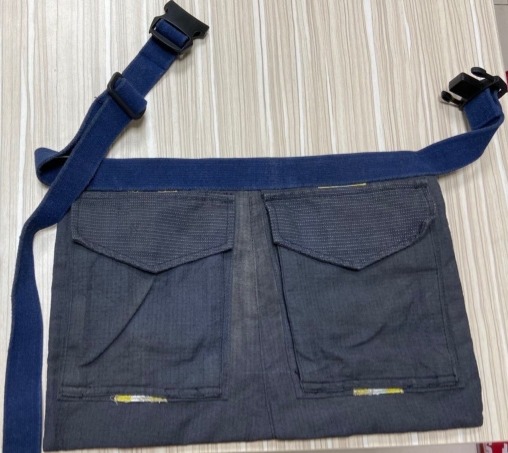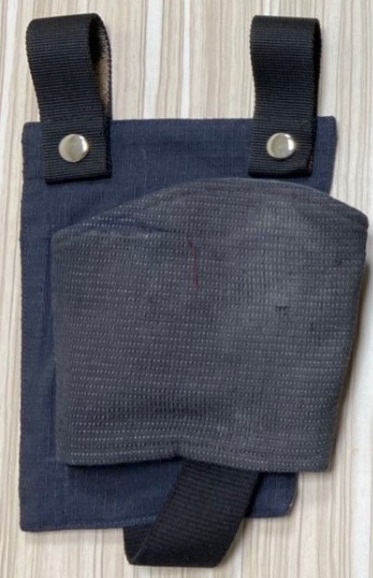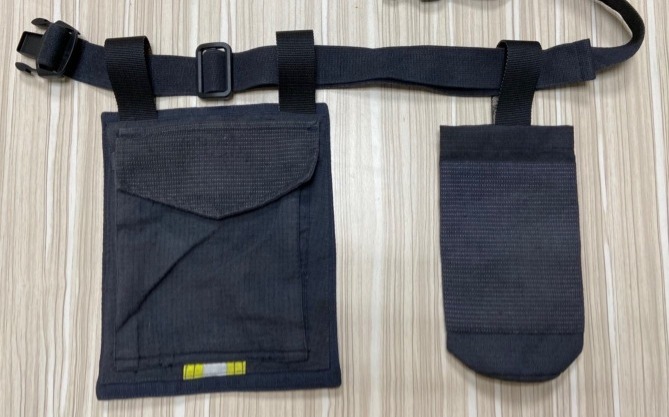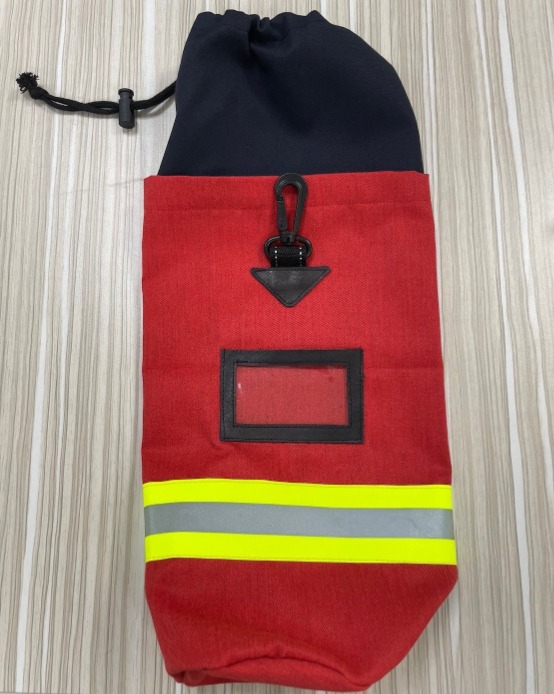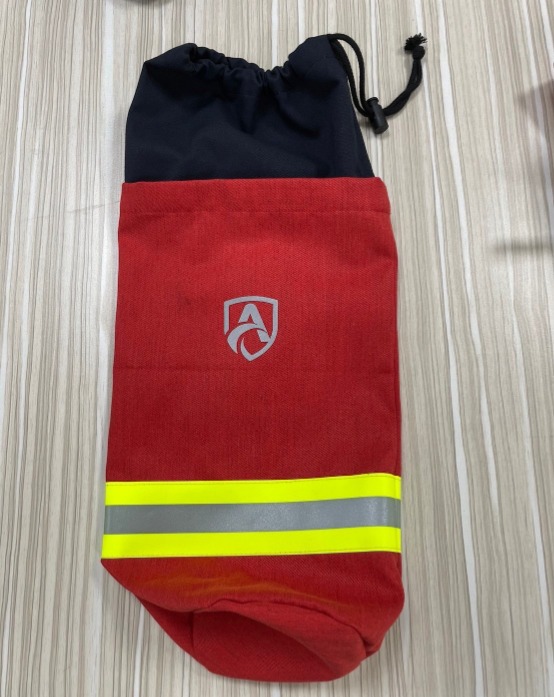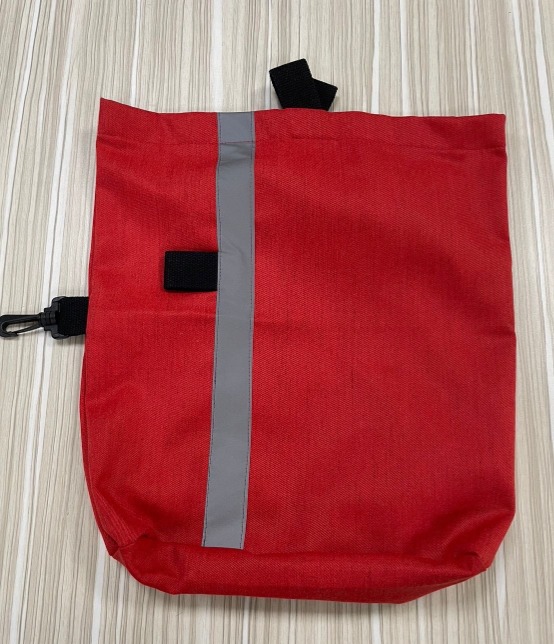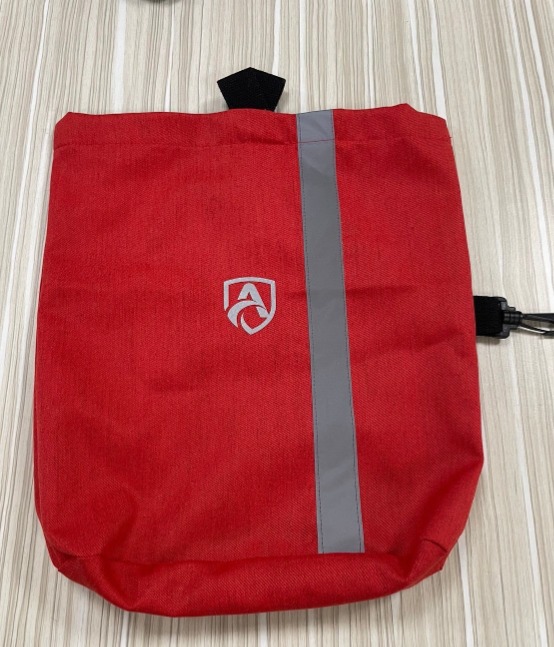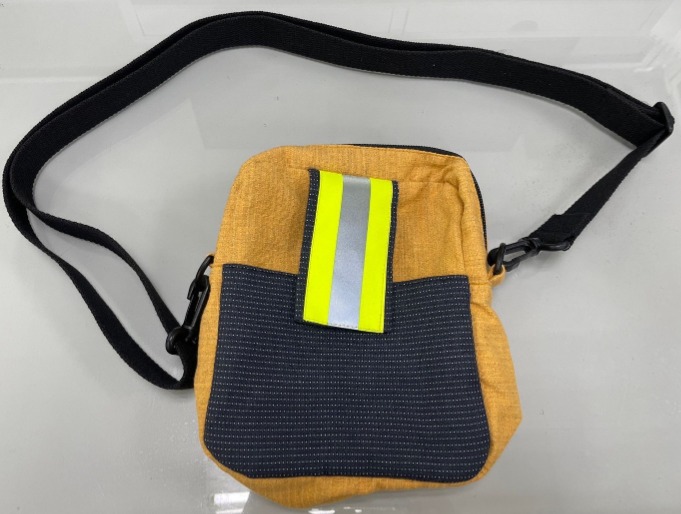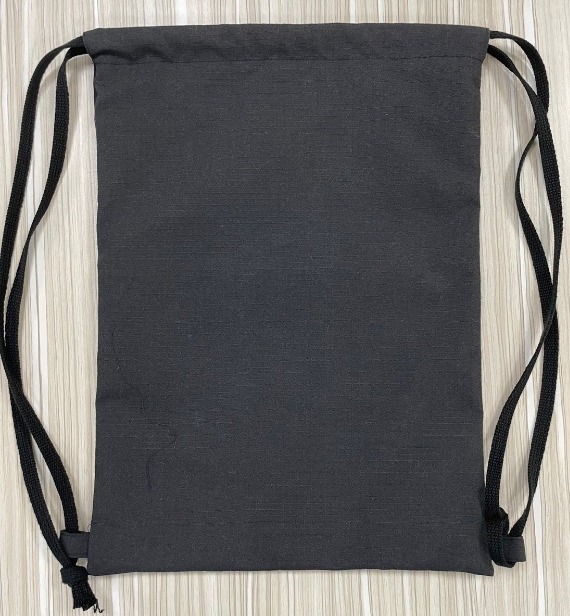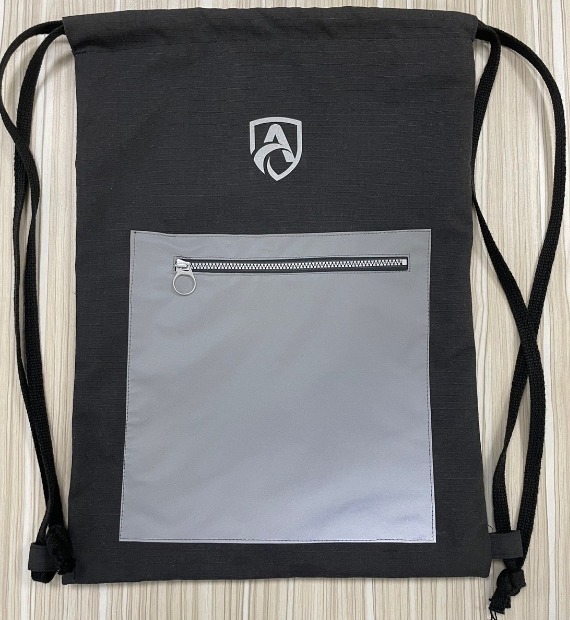FR Fabric Recycling and Disposal
Fire-resistant(FR) fabrics
Fire-resistant (FR) fabrics play a crucial role in protecting individuals working in hazardous environments. Whether used in firefighting suit (as known as turnout gear or bunker gear), industrial workwear, or military uniforms, FR fabrics are vital against the dangers of flames, heat, and electrical arcs. Such as aramids, polyamides, modacrylics, etc.
What happens to FR fabric once it has served its primary purpose?
The concept of reusing or recycling FR fabric is gaining attention in the textile and safety industries. Instead of allowing these specialized textiles to end up in landfills or incinerated, where they can pose potential environmental challenges, the reuse or recycling of FR fabric offers a more eco-friendly alternative. This approach not only aligns with sustainability goals but also presents opportunities for cost savings and reduced environmental impact.
Reuse and Refurbish
- Cleaning and Repair: Routine cleaning and repair can significantly extend the lifespan of FR garments. Professional cleaning services specialized in FR fabrics can remove contaminants and ensure that garments meet safety standards. Small damages can often be repaired, avoiding the need for complete replacement.
- Reconditioning: Certain technologies enable the refurbishment of FR fabric, restoring its flame-resistant properties. This can be particularly valuable for high-quality FR fabrics with minor wear and tear.
Reuse: Unleashing the Potential
- Patchwork and Repair: FR fabric scraps can be utilized effectively for patching and repairing FR garments. These small pieces of fabric can extend the life of FR clothing by fixing minor damage or abrasions. This not only saves money but also reduces the need for new fabric and garment production, contributing to sustainability goals.
- Accessories and Small Projects: Transforming FR fabric scraps into smaller items such as pouches, tool bags, or accessories. This not only showcases creativity but also reduces waste and promotes sustainable crafting.
The recycling of flame-resistant (FR) fabrics (textile) fibers
The recycling of flame-resistant (FR) fabrics fibers, such as those used in firefighting suits and other protective clothing, involves several steps to process and repurpose these materials. While recycling FR fabrics fibers can be challenging due to their specialized nature, it's essential to prioritize safety and environmental responsibility.
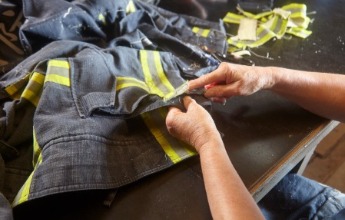
Collection: Gather FR fabric fibers from those are no longer suitable for their original purpose. These fibers may come from retired firefighting suit, protectiveclothing, industrial applications, or other sources.
Decontamination: Before recycling, thoroughly decontaminate the fabrics to remove any hazardous materials, residues, or contaminants. This is vital for safety and environmental reasons.
Sorting and Cleaning: Sort and organize the fabrics based on their material type, characteristics, and reusable or unusable. Ensure that the fabrics are clean and free from foreign materials or substances.
Shredding or Cutting: Depending on the recycling process, the fabrics may need to be shredded or cut into smaller pieces to facilitate further processing.
Chemical Treatment (Optional): In some recycling processes might involve chemical treatment to remove coatings, dyes, or other additive from the fibers to prepare for recycling.
Melting or Reconstitution: One common recycling method for FR textile fabrics is to melt them down or reconstitute them into new fibers or materials. This process typically involves high temperature melting and extrusion to create new FR fabric products.
Conclusion
By prioritizing the reuse, refurbishment and recycle of FR fabric, organizations align with the principles of sustainability, environmental protection, and social responsibility. Such practices not only reduce waste and resource consumption but also cultivate a culture of responsibility within the organization and the broader community. As companies continue to embrace CSR as an integral part of their business strategies, the reuse ,refurbishment and recycle of FR fabric represent tangible steps toward a more sustainable and socially conscious future.


